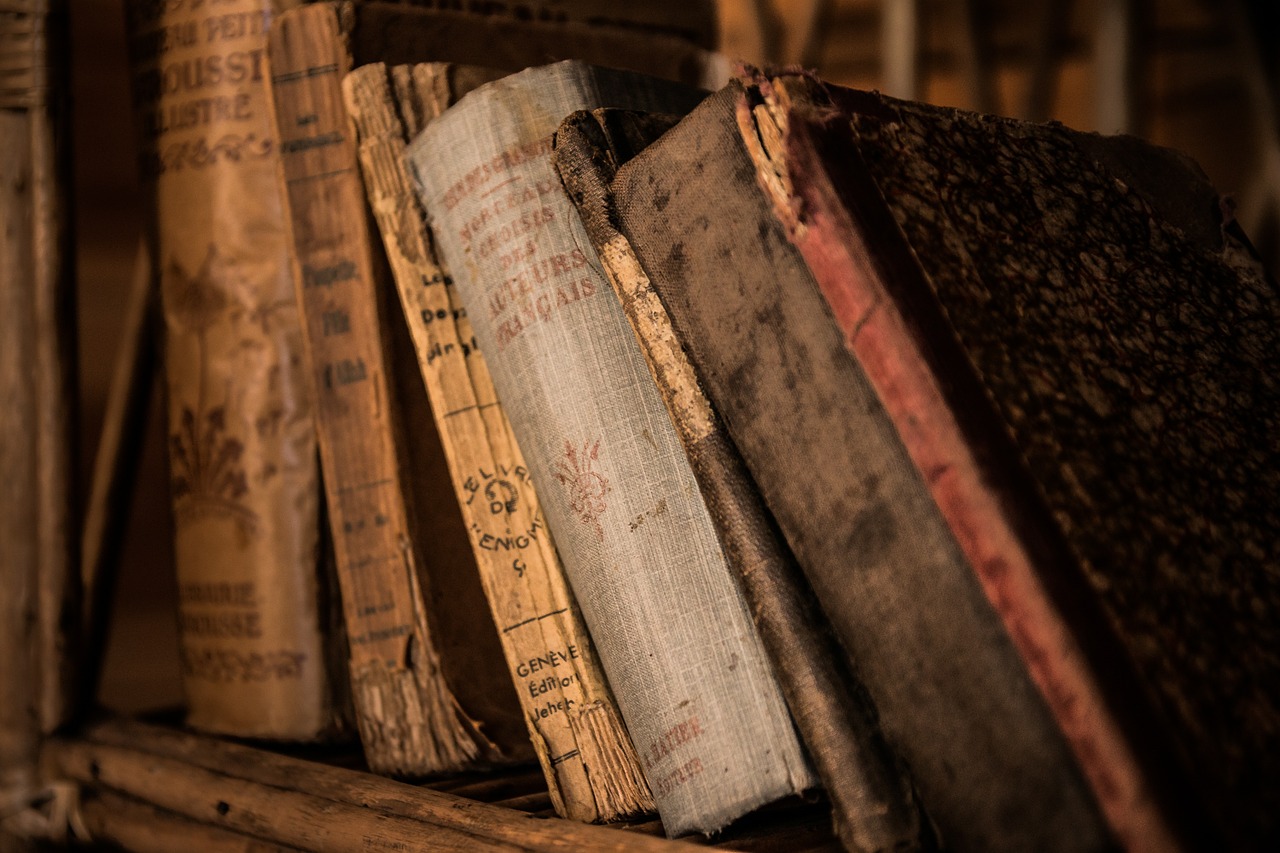![]()
In 2008, then-candidate Barack Obama campaigned on two major issues: government transparency and the Iraq War. President Obama embraced open data in government on his first day of office, and in his second term made government data open by default. Obama’s legacy on Iraq is more complicated, and his presidency will likely end with U.S. forces fighting alongside the Iraqi government and Kurds to retake the country’s second-largest city, Mosul, from ISIL terrorists.
Strange as it may sound, there is a deep connection between the high-tech future of open government data and the ancient past of Mosul. Open data means more than releasing datasets with no copyrights; it is a philosophy which holds that information should be freely available for sharing and repurposing, rather than cloistered away from public view. And more than 2,600 years ago, people living in what is now Mosul took the first major step toward realizing this vision. They constructed what many scholars consider to be the world’s first library.
The next administration will need to make important choices about both government data and Iraq. What can Mosul’s ruins tell us about the future of government data?
The Library of Ashurbanipal. Mosul is a vast city of some 1.5 million people on the banks of the Tigris River. It encompasses the ancient city of Nineveh, the capital of the mighty Assyrian Empire, which ruled much of the Middle East by the 600’s B.C. One of its rulers, King Ashurbanipal, happened to be a scholar as well as a conquerer. He gathered around 30,000 texts from his subjects and constructed a place to house them. His stated reason for doing so:
“I, Ashurbanipal, king of the universe, on whom the gods have bestowed intelligence, who has acquired penetrating acumen for the most recondite details of scholarly erudition (none of my predecessors having any comprehension of such matters), I have placed these tablets for the future in the library at Nineveh for my life and for the well-being of my soul, to sustain the foundations of my royal name.”
Grandiose boasting aside, Ashurbanipal’s library really was revolutionary. His collection of works was vast, but it was also organized, with texts named and listed and placed into different rooms. Ashurbanipal collected works that were ancient even in his own time—notably, the Epic of Gilgamesh, the oldest known work of human literature, composed as early as 2100 B.C. And unlike earlier royal archives, Ashurbanipal’s library was open to scholars—not exactly a public library, but then, almost nobody at the time could read in the first place.
From ancient libraries to open data. In 612 B.C., the Assyrian Empire fell to its many enemies, who sacked its capital and burned Ashurbanipal’s library. The fire baked the clay tablet texts collected within, preserving them for future generations. But they were buried under the city’s ruins. It seems that the library’s contents were lost to time—until archaeologists uncovered the library in the 1800s.
But other rulers continued Ashurbanipal’s work. Tales of Assyria’s famous library may have inspired Alexander of Macedon to commission his own great library at Alexandria centuries later. The Library of Alexandria may have contained hundreds of thousands of texts, and it attracted scholars and scientists from around the known world, including Euclid, Archimedes, and Hypatia.
Alexandria’s library was destroyed as well, but again, its legacy endured, and much of the knowledge it contained made its way into medieval centers of scholarship at Constantinople and Baghdad. Later, in western Europe, the Renaissance saw a resurgence of interest in antiquities, and the Enlightenment encouraged the spread of knowledge for knowledge’s sake. Both movements encouraged the blossoming of national libraries, open to an increasingly literate public. By the 1700’s, scientists had largely dispensed with the secretive arcana of alchemy, publishing their research openly and seeking review from their colleagues and the public.
The last steps from ancient libraries to open data were the invention of electronic computers and the Internet. Today, the data underlying scientific and governmental information is not just available to the public—it can be made machine-readable, so the public can create computer programs to put it to new uses.
“For the future.” Ashurbanipal declared he created his library for “the future,” but he probably never imagined that it would be sacked and burned not long after his death. He certainly had no idea how scholars thousands of years in the future would come to depend so thoroughly on the texts he collected as a window into the past. Indeed, our modern understanding of ancient Mesopotamian mythology is based largely on texts discovered in the ruins of Ashurbanipal’s library.
Yet that is precisely what makes Ashurbanipal’s effort so valuable. We cannot possibly imagine how governmental and scientific information will be used by everyone who gets their hands on it—let alone how it will be used by future societies. But it is these unimaginable uses for knowledge that truly justify making access to it free and open.
The same spirit should guide the government’s promotion of open data. The federal government under Obama has done great work creating open data portals. So, too, have state and local governments controlled by both Democrats and Republicans.
The ongoing war in Mosul highlights the fragility of knowledge; ISIL has destroyed many priceless antiquities from Nineveh, and efforts to recapture the city may erase even more information from the past. Certainly, far less is at stake from the next administration’s decisions about open data policy than how it plans to prosecute the war against ISIL. But whatever the next administration’s choices are, local and state governments can still do what they can to foster open data and continue the spread of knowledge.
Adnan Mahmud is part of the GovLoop Featured Blogger program, where we feature blog posts by government voices from all across the country (and world!). To see more Featured Blogger posts, click here.





Leave a Reply
You must be logged in to post a comment.